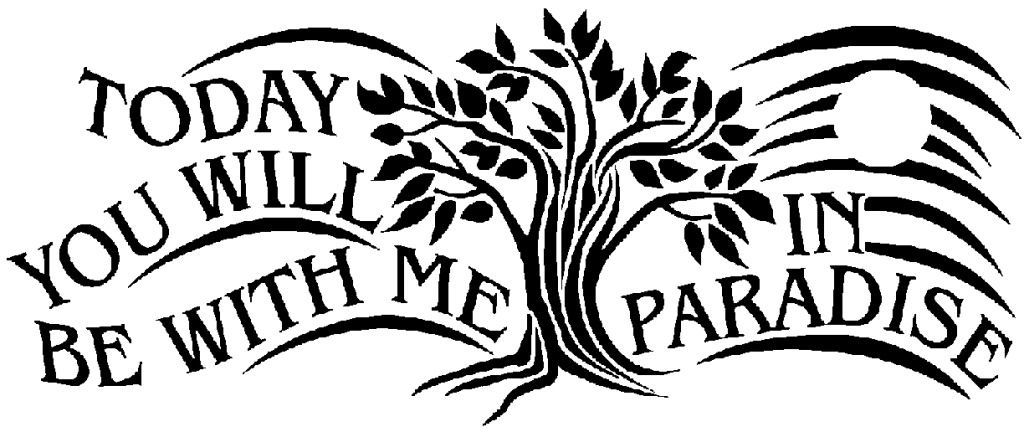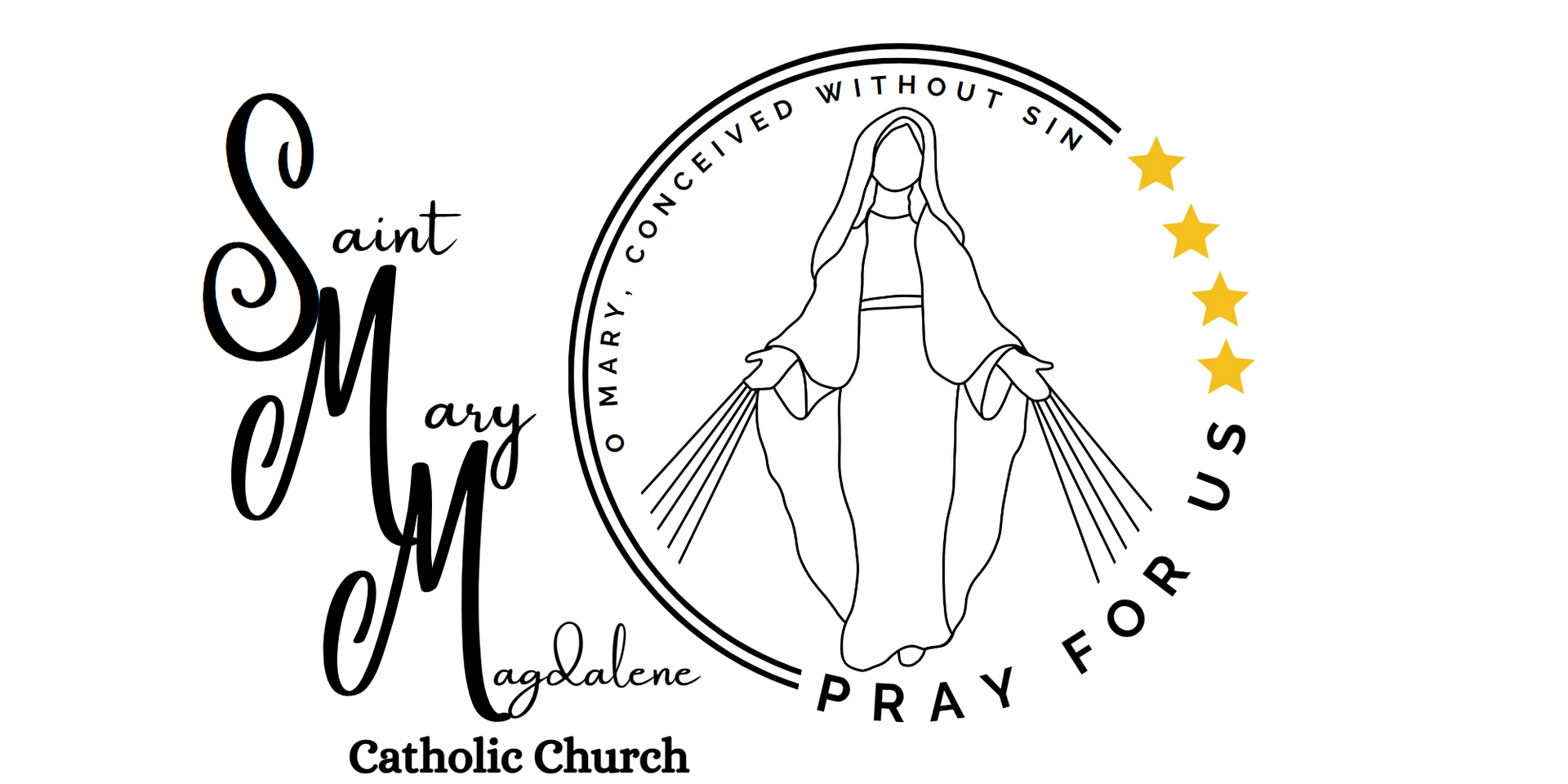
What You Need to Know About Catholic Funerals
What We Believe "Christ has died, Christ is risen, Christ will come again."
If you have ever wondered why Catholics have certain rituals and practices at the time of death, then you are not alone. Our faith in the Paschal Mystery (the life, death and resurrection of Jesus Christ) reveals itself through the dying and death of each Christian. The following points are designed to invite reflection upon the meaning of what we do and believe at the time of a Christian's death. We also hope that this section will act as a guide for you to better understand and appreciate our beliefs and practices.
In facing death, we are reminded that God has created each person for eternal life. We celebrate the funeral rites to offer worship, praise and thanksgiving to God for the gift of a person's life, which has now been returned to the Author of Life. At the death of a Christian, the Church intercedes on behalf of the deceased. We are confident in the conviction that death is not the end nor does it break the bonds of family, friendship and community that are forged in life.
The Church through its funeral rites commends the dead to God's merciful love and pleads for the forgiveness of their sins. The celebration of the Christian funeral brings hope and consolation to the living.
In the Eucharistic sacrifice, the Church celebrates Christ's Passover from death to life and our participation in this great mystery. The faith of all the baptized is renewed and nourished in this celebration. The intimate connection between the baptism of the Christian into the death and resurrection of Christ and the Eucharistic celebration is one of the main reasons for offering the Mass for the deceased.
In summary, we believe that in celebrating the funeral rites, we affirm and express the union of the Church on earth with the Church in heaven in the one great communion of saints. Though separated from the living, the dead are still at one with the community of believers on earth and benefit from their prayers and intercession. In the gathering of the community of believers with the community of saints in heaven, we offer our prayers through the person of Jesus Christ in the greatest prayer of the Church, which is the Eucharist.
Why Catholics Bury Their Dead With Dignity
When we are baptized we believe that our bodies are marked with the seal of the Holy Trinity. Since we are temples of the Holy Spirit we respect and honor the bodies of the dead and their places of rest.
The customs associated with the preparation of the body of the deceased are always marked with dignity and reverence and never with the despair of those who have no hope. Therefore, in the presence of the deceased, we turn to prayer. In this time of sorrow it is through prayer that we receive the necessary grace and consoling assurances of our faith.
For the final disposition of the body, it is the ancient Christian custom to bury or entomb the bodies of the dead in a consecrated and holy place.
The Three Stations of Christian Burial
When a member of the faithful has died the Church identifies three stations, or time periods, for the celebration of the rite of Christian burial:
- The Vigil (Wake) - usually held on the night before the funeral
- The celebration of the Eucharist (Mass) - on the day of the funeral
- The Committal (the place of internment, burial and mourning) - immediately following the funeral
Final Thoughts on Catholic Funerals
Contact your parish priest when your loved one is seriously ill and ask him to visit him/her. When the priest arrives, normally he will administer the Sacrament of Anointing of the Sick and give your loved one Communion (Viaticum, "food for the journey," is the term denoting the last time one receives the Eucharist). When appropriate he will pray the prayers for the commendation of the dying. If death has already occurred he will pray the prayers for the dead.
It is good to plan ahead of time. Many funeral homes and cemeteries have advanced planning. Talk to your parish priest about what is and what is not permitted at funerals.
At times when death catches us off guard we may not always remember that the Funeral Rites are liturgical rites of the Church. Therefore, please understand if the priest cannot accommodate some requests, such as a specific poem, song or article that was your loved one's favorite. There are other moments outside of the liturgy, such as the Wake, when you can share these things with your family and friends.
Funerals are a special time for God's grace and mercy, a time to open your heart, receive His blessings and place your hope in the resurrection of His Son, Jesus Christ.
PLANNING THE FUNERAL MASS
On behalf of Saint Mary Magdalene Parish, we would like to extend our deepest sympathy at the loss of your loved one. Know that we are here to help, support, and pray for you during this difficult time. Please call the Parish Office if you have any questions.
As you are planning the funeral Mass, below you will find a link to a list of readings from the Order of Christian Funerals and music that you can choose from. The readings include one Old Testament Reading, one New Testament reading, and one Gospel (except for Easter is= New Testament only). When selecting music, songs should be sacred and reverent. Please use the Funeral Planning Sheet to record your choices for readings, who will read, other Mass parts and music. Once you have completed the information, it can be returned to the Parish Office or emailed to acarrier@saintmarymag.org
